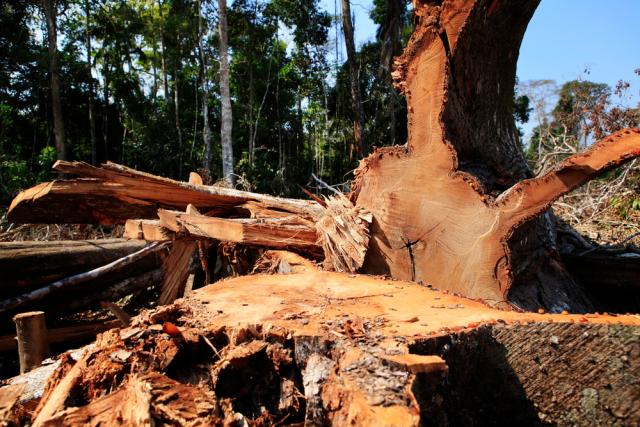
Myth 1. Most trees are cut down for paper or wood
While growing demand for wood and timber represents a big threat to the world’s forests, in fact the biggest driver of deforestation is agriculture. This means the food we eat is directly causing deforestation. In tropical and subtropical countries, agriculture has accounted for 73% of deforestation.
The majority of deforestation is linked to meat, soya beans and palm oil. Meat production is a particularly significant driver of deforestation because as well as the vast clearance of land to graze livestock, particularly beef, huge swathes of tropical forest are removed so the land can be used for growing soy to feed pigs and chicken for our consumption.
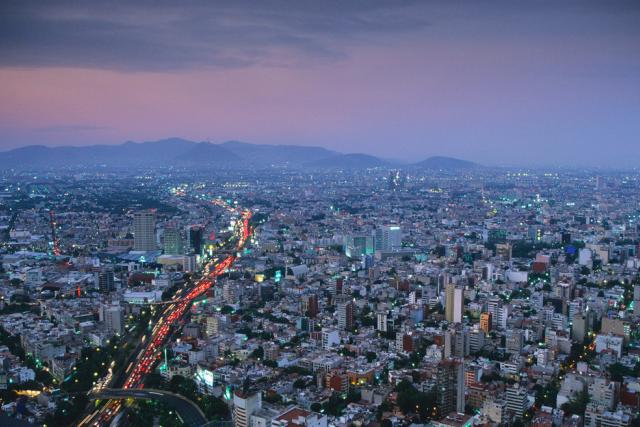
Myth 2. This is inevitable – there are too many people to feed
The most tragic thing about the deforestation being caused by our food is that this destruction is totally pointless. We don’t need to cut down one more tree to feed our growing global population.
For a start, we currently waste around 30% of the food we grow globally. This means a huge amount of the land being used to grow food is also wasted. By wasting less, we could feed more people using the same amount of land.
Then there’s the way we use land. Our current food system prioritises short term financial returns over long term public goods, such as soil health. This short-term approach often encourages poor land management: unbelievably, around a quarter of all land globally is now degraded! This puts pressure on our forests, as the system seeks out cheap, poorly governed new land areas to exploit for financial gain. But by correcting these financial incentives much of this degraded land could be revived. In fact, studies show there may be as much as 2billion hectares of land that can be rehabilitated!
Finally, a shift in our diets could also help us to feed more people on less land. In the Western world, we currently consume a lot of meat, which requires a lot more land to produce than plant-based foods. By eating more plants (and less meat and dairy) we can better maximise the land already available.
Deforestation in our food isn’t inevitable – it’s a choice.
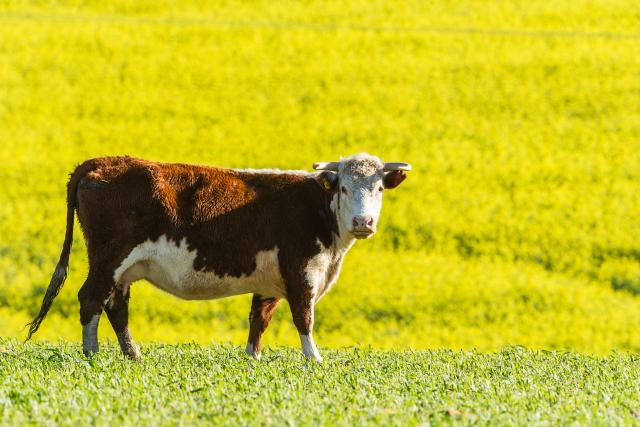
Myth 3. Beef is the only food that causes deforestation
You may well have seen images of forests that have been cut down to graze cattle for beef. But while this link might be better known, beef is far from the only food that causes deforestation.
Nearly half of global deforestation is caused by the expansion of crops- and soy is the number one culprit. But most of this soy isn't consumed by us directly, in fact more than 80% of soy is used to feed animals – particularly poultry and pigs.
This means that when we eat chicken, for example, it may have indirectly caused deforestation – forests or other valuable ecosystems might have been cleared to grow soy, to feed chickens, to feed us.
Beyond meat and dairy, palm oil is found in nearly 50% of the packaged products we find in supermarkets: everything from pizza, doughnuts and chocolate, to deodorant, shampoo, toothpaste and lipstick. Irresponsible palm oil production has been – and continues to be – a major driver of deforestation of some of the world’s most biodiverse forests, particularly across Indonesia and Malaysia who combined make up approximately 85% of the world’s palm oil production. Unabated expansion over recent decades has been responsible for destroying the habitat of already endangered species like the Orangutan, pygmy elephant and Sumatran rhino.
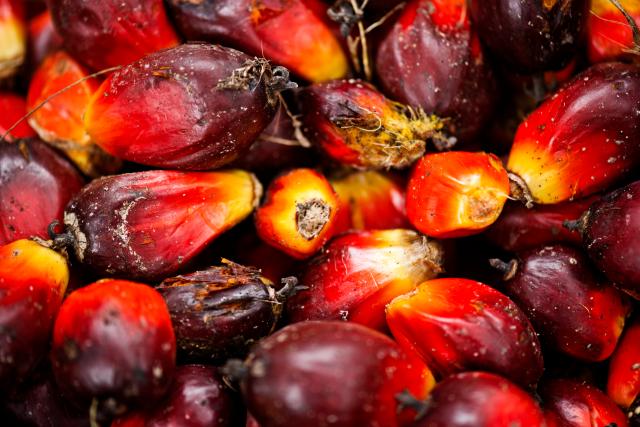
Myth 4. Boycotting products containing palm oil will help stop deforestation
Boycotting products containing palm oil – either by avoiding them in our shopping or asking companies to avoid using it – can have unintended consequences for both people and the planet.
It’s not palm oil that’s the problem, it’s how and where it’s grown that needs to change. Palm oil is an incredibly efficient and productive crop, producing more oil per land area than any other equivalent vegetable oil crop. Globally, it supplies 35% of the of the world’s vegetable oil demand on just 10% of the global land used to grow vegetable oil crops. To get the same amount of vegetable oil from equivalent crops like soybean or coconut could require anything between 4 and 10 times more land, which would just shift the problem to other parts of the world and threaten other habitats and species.
Boycotting palm oil could therefore cause more deforestation not less. So we need companies to use only sustainable palm oil that respects and safeguards people and nature and should boycott those companies that don’t!
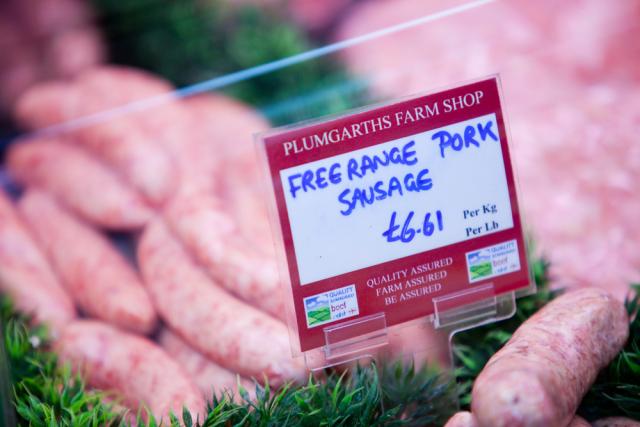
Myth 5. I only buy British meat so it’s not a problem
Buying British meat is a good thing to do, it supports British farmers and cuts out unnecessary air miles. But there is no such thing as a free lunch and even meat reared right here in the UK could be linked to destruction of tropical forests.
A lot of this is down to what is feeding our food. Soybeans – a protein rich bean, grown in valuable habitats in South America – are being fed to chickens and pigs (including here in the UK) to provide us with the meat, dairy and egg products that we consume. It is this chain which means that even British meat contributes to deforestation and habitat destruction.
80% of soybeans produced globally are used to feed animals to meet our global hunger for meat and dairy products, including those we find on our supermarket shelves. So the chicken and bacon in our shops may well be unwittingly contributing to global deforestation.
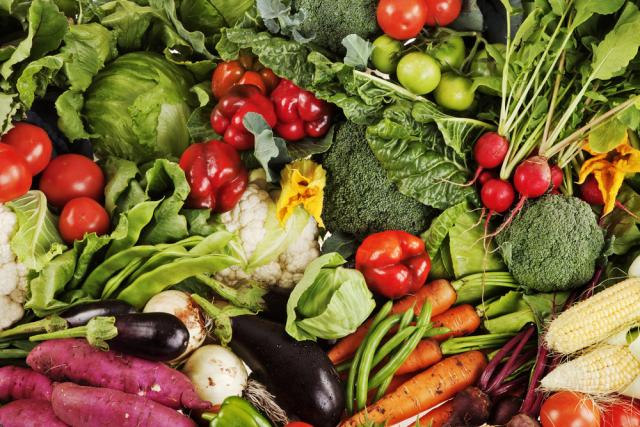
Myth 6. We can only solve this if we all go vegan
It is every individual’s right to make their own dietary choices, and we’re not saying that everyone has to become vegetarian or vegan – but eating a more plant-based diet is a great way to have a big impact and discover tasty new foods! However, we can also make much better use of our land while continuing to eat meat and dairy (though for many people in a reduced quantity).
In general, animal proteins (including meat, fish, dairy and eggs) are more resource intensive to produce than plant-based foods. However, it’s not only meat and dairy products that cause deforestation – for example unsustainable palm oil is a major driver of deforestation of some of the world’s most biodiverse forests.
Whether individuals choose to eat meat and dairy or not, we don’t think any of our food should be contributing to the destruction of our precious habitats. Join our campaign to call on the UK Government to end deforestation in all of our food.
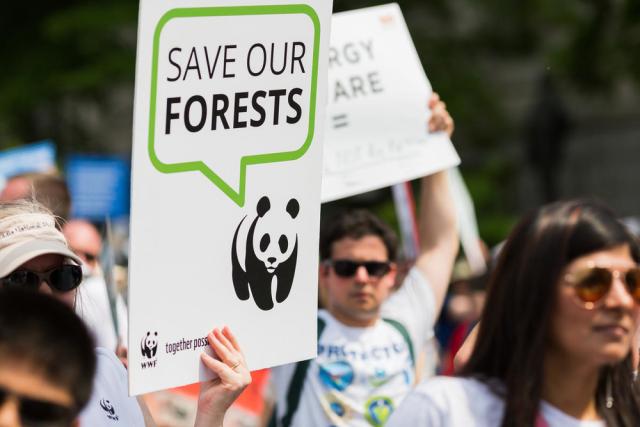
Myth 7. This problem will be solved by individuals avoiding certain foods or brands.
While we can all do our bit – for example making sure we only buy products or from brands that use sustainable palm oil (look for RSPO certification or check out the Giki app) – unfortunately, it’s not always that straightforward.
For many products and ingredients, there’s simply no way of knowing where deforestation is hiding in our food. The chicken we eat, for example, may have been reared on soy grown in deforested land in South America, or it may not – there’s no way for us to know.
But even if there was a sure-fire way of knowing which products caused deforestation, this shouldn’t be a choice we have to make. No-one should have to check if the food they are buying is causing the destruction of some of our most precious places.
That’s why we need the UK Government to end the sale of products that cause deforestation, so nobody has this option.
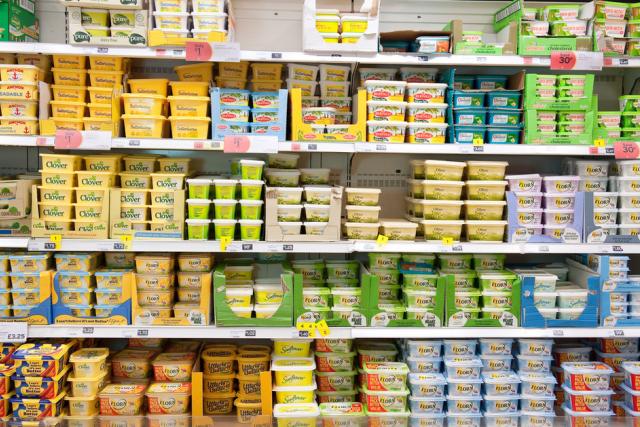
Myth 8. This is a problem for the food companies to sort out
Our world is under threat like never before and we need to act with urgency. While some companies have made progress in certain areas, things are not moving anywhere near fast enough if we are to avoid the climate and nature crisis. Companies can’t necessarily sort this out by themselves. That’s why we are asking the UK government to step in where business has so clearly failed.
Voluntary efforts by businesses have so far delivered only small and fragmented results. While several global companies signed up to eliminate deforestation from their supply chains by 2020, only a tiny 1% are actually on track to meet that target. We can’t let this legacy of broken promises continue. New laws from our Government will also help to ensure a level playing field, so businesses taking the right action aren’t at a disadvantage.
While it’s not up to food companies alone, businesses do have a vital role in advocating for this law change, while food businesses operating internationally can help demand better standards in the different countries they produce in and sell to.
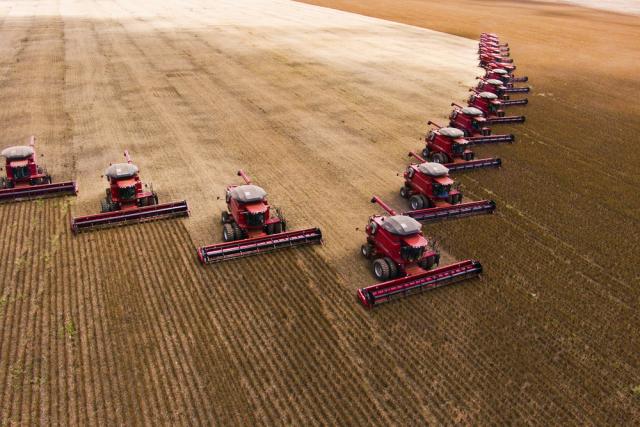
Myth 9. The UK government can’t do anything – it’s foreign governments that need to act
While this is undoubtedly a global problem, our Government can and should do their bit. The destruction of some of our most precious habitats – from the Amazon and the Cerrado in Brazil to the tropical rainforests of Southeast Asia – will impact us all. From the devastating changes to the climate to the decline of some of our most iconic wildlife, we all need to end deforestation.
Our food right here in the UK is contributing to the problem – and only urgent and bold action by our Government can stop this. By ending deforestation in our products, we can lead the world in the fight to save our forests. The UK Government has a unique opportunity to inspire world leaders at every upcoming global event, and should use all the tools at their disposal, including trade deals to make this a global commitment. Together, we can stop deforestation across the world.
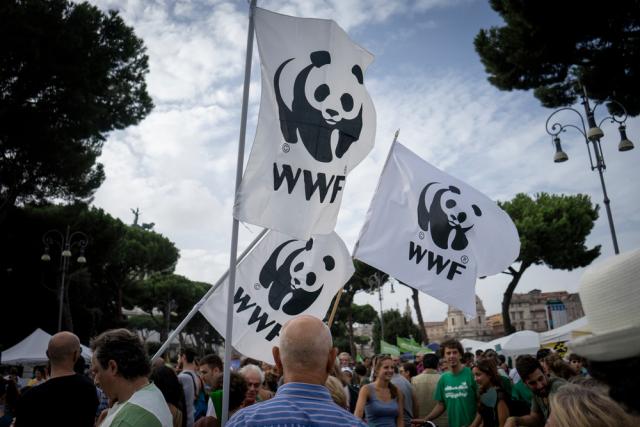
Myth 10. There’s nothing I can do about it
While it can feel like a huge issue, there are lots of ways that each of us can do our bit. And by all acting together, this can add up to something really powerful – together we can transform our food system and end deforestation in our food for good.
Whether it’s calling on our decision makers to act, raising awareness, or changing your personal diet or shopping habits, we can all do something to fight for our amazing forests and the wildlife that live there. Inaction is not an option.
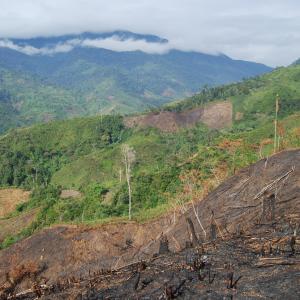 5 ways to stop deforestation in our food
5 ways to stop deforestation in our food
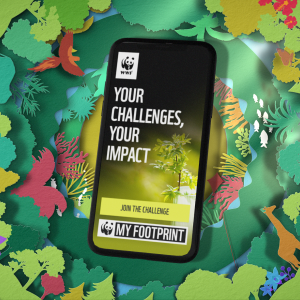 Download WWF's My Footprint app
Download WWF's My Footprint app
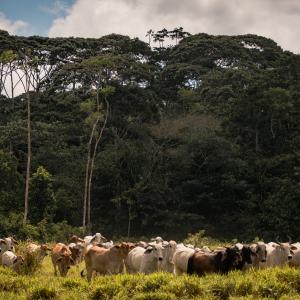 Deforestation and food: your questions answered
Deforestation and food: your questions answered
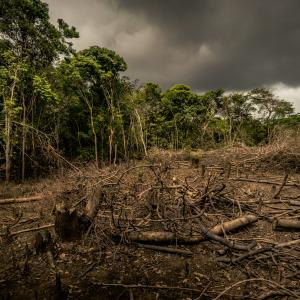 Learn the effects of deforestation
Learn the effects of deforestation